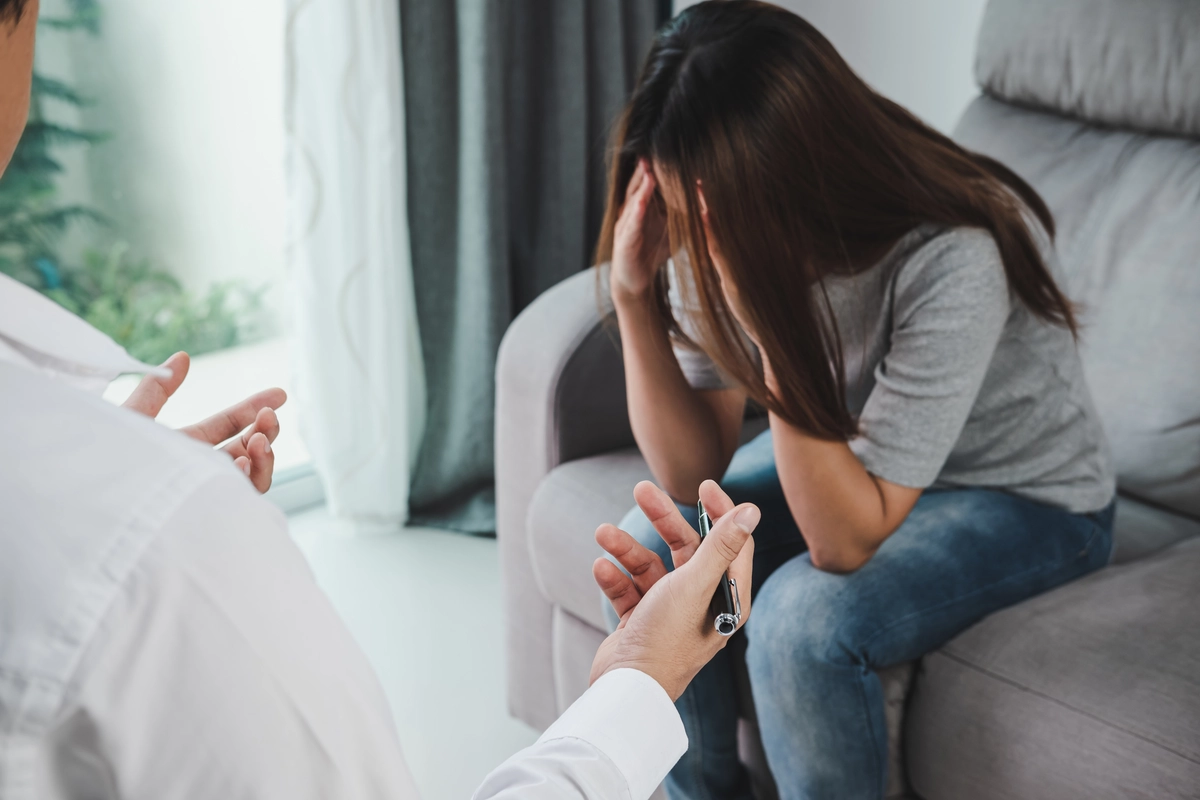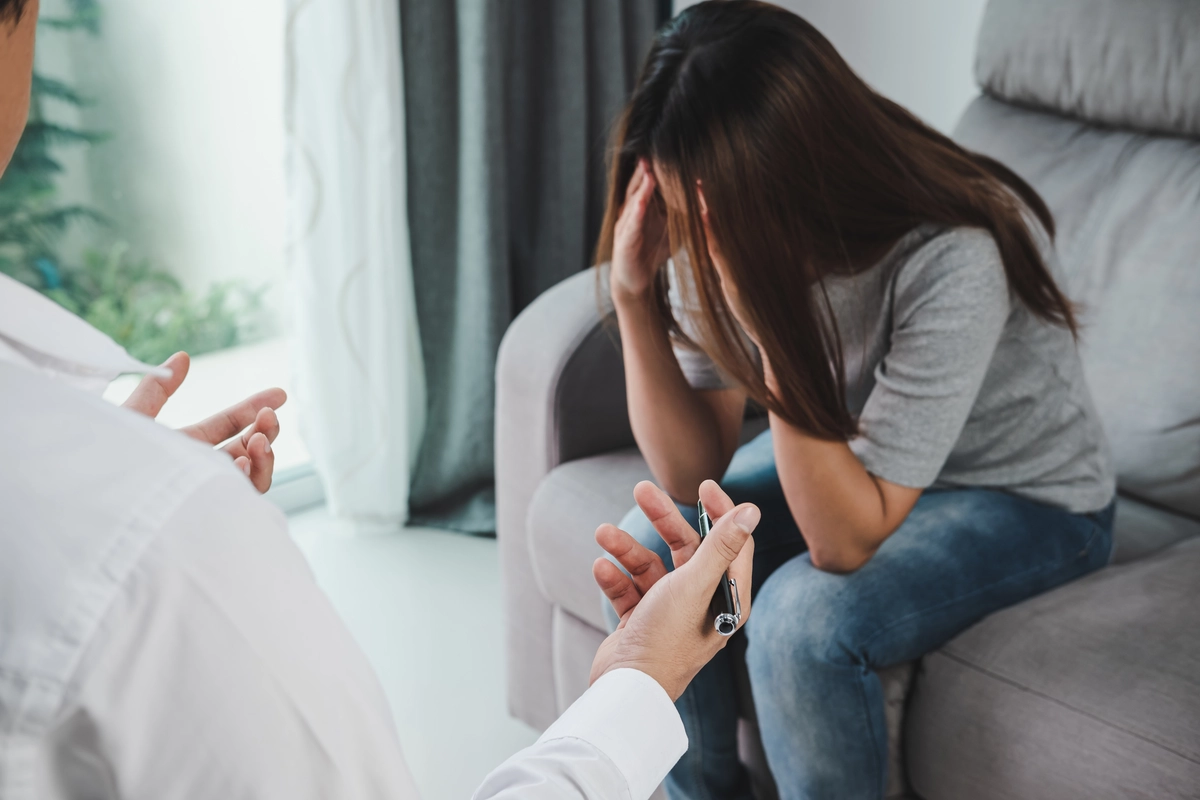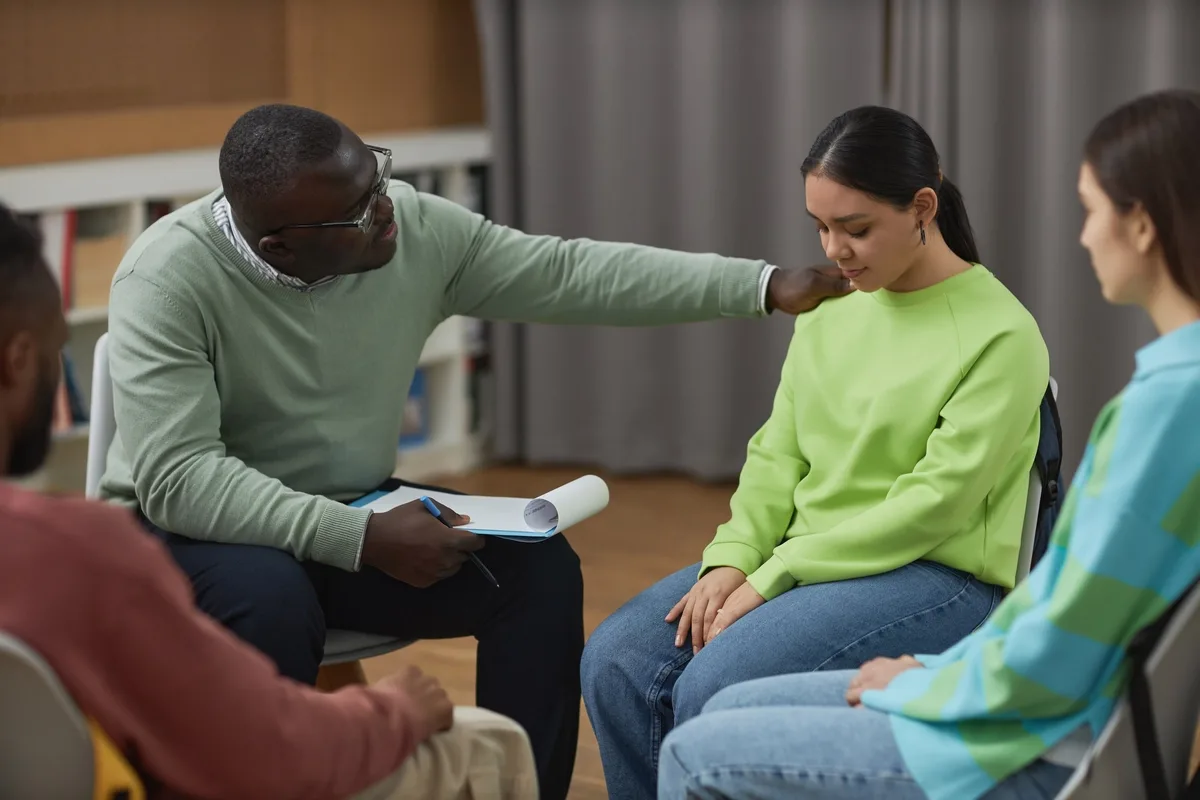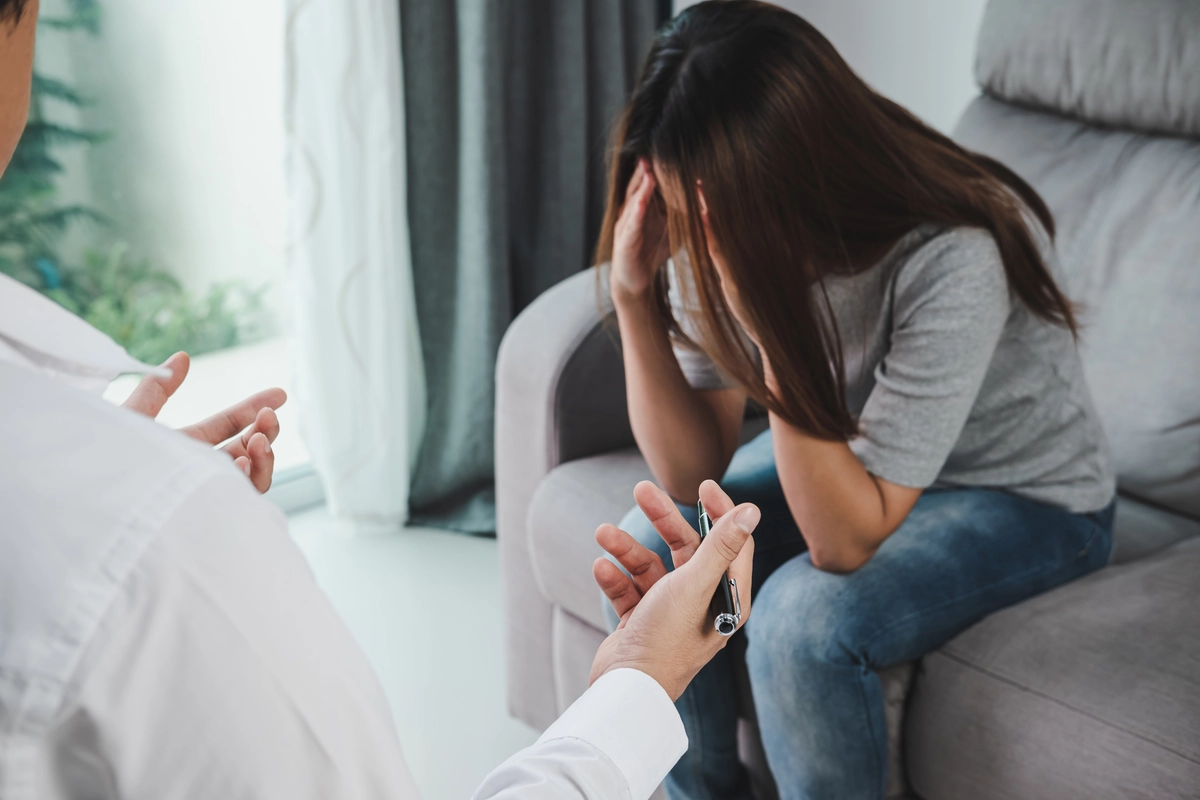24/7 Helpline:
(866) 899-111424/7 Helpline:
(866) 899-1114
Learn more about Bipolar Disorder Treatment centers in Sullivan County
Bipolar Disorder Treatment in Other Counties

Other Insurance Options

WellCare Health Plans

MVP Healthcare

Regence

Coventry Health Care

Humana

Private insurance

Multiplan

BHS | Behavioral Health Systems

AllWell

Holman Group

CareFirst

Meritain

Magellan Health

UnitedHealth Group

American Behavioral

Aetna

Health Partners

Kaiser Permanente

Carleon

Optima

Frontier Health Victory Center
Frontier Health Victory Center is a private rehab located in Kingsport, Tennessee. Frontier Health V...

Comprehensive Community Services – Outpatient Treatment
Comprehensive Community Services (CCS) is a co-occurring substance use disorder drug rehab facility ...

Frontier Health – Holston Counseling Center
Frontier Health - Holston Counseling Center is located in Kingsport, Tennessee. Frontier Health - Ho...

Kingsport Family Recovery Associates
Kingsport Family Recovery Associates is a private rehab located in Kingsport, Tennessee. Kingsport F...

Frontier Health – Sullivan House
Frontier Health - Sullivan House is located in Blountville, Tennessee. Frontier Health - Sullivan Ho...

Cognitive Behavioral Therapists of the Tri Cities
Cognitive Behavioral Therapists of the Tri Cities is a private rehab located in Kingsport, Tennessee...



















































Goodwill of Tenneva Area
Goodwill of Tenneva Area is a private rehab located in Kingsport, Tennessee. Goodwill of Tenneva Are...

Counseling and Counsultation Services
Counseling and Counsultation Services is a private rehab located in Kingsport, TN. Counseling and Co...

Frontier Health – Link House
Frontier Health - Link House is located in Kingsport, Tennessee. Frontier Health - Link House is a G...




































